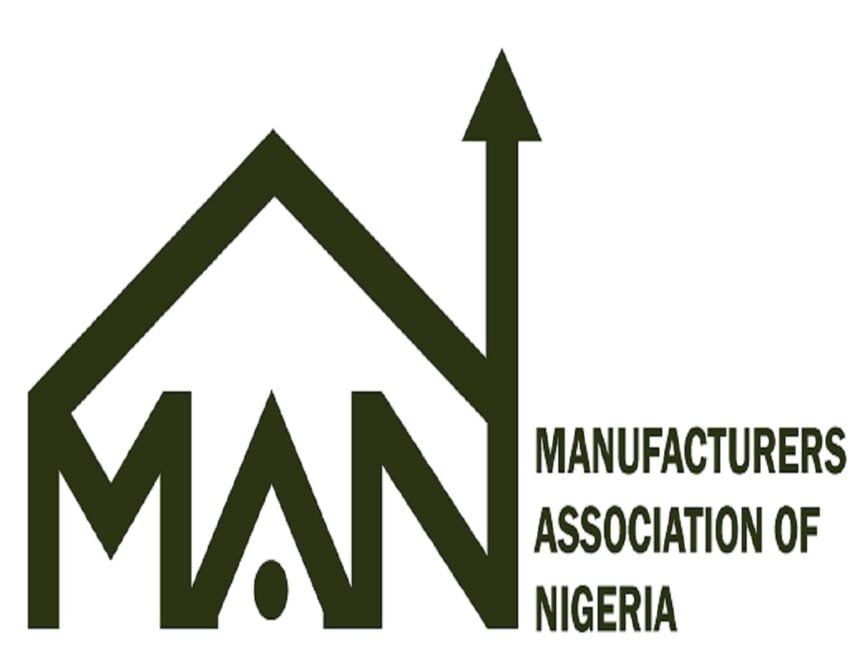The Manufacturers’ Association of Nigeria (MAN) has warned that the trade war brewing between the United States of America, and its trade partners, and the imposition of 14 percent tariff on Nigerian goods, may stall Nigeria’s plans to fully execute its ambitious N54.99 trillion budget in 2025; and compromise the long-term goal of achieving export diversification under platforms such as the African Continental Free Trade Agreement (AfCFTA).
The association, in a statement, further expressed concerns than the country’s plans of making the largest-ever investments in critical sectors, especially in areas, such as: National Security, where it earmarked the highest defence allocation of N6.11 trillion, in history, may be threatened with the new tariff regime.
MAN noted that the new tariff is coming at a time when the country’s economy is most vulnerable, especially with the downward trend in global crude oil prices, which have already fallen below the government’s benchmark of $75 per barrel, which the country is presently facing.
“The tariff hike, therefore, comes at a vulnerable moment when the country is just recovering from the impact of the government policy mix that has had negative effects on the manufacturing sector,” it added.
On the impact on the nation’s manufacturing, the association believed the imposition of a 14 percent tariff on Nigerian exports in the US may hinder the competitiveness of such goods in that market.
According to MAN, Nigeria’s manufacturing sector contributed 8.64 percent to the country’s GDP in 2024, with the association’s members, who are exporters in Agro-Processing, Chemicals and Pharmaceutical, Basic Metal, Iron & Steel, Non-Metallic mineral products and other light industrial manufacturing, relying heavily on the U.S. for market access.
It, therefore, believed a new trade policy and the imposition of a 14 percent tariff on Nigerian exports, may significantly affect such members and create some decline in their activities.
“For instance, processed agricultural goods such as cocoa derivatives, sesame seeds, and ginger, which have gained modest penetration in U.S. markets, are likely to witness a drop in export volume, and revenue losses,” MAN argued.
Besides revenue losses, the new tariffs, the association noted, may also constitute a significant disincentive to firms investing in value-added manufacturing.
It argued that higher market-entry costs, due to higher tariff on Nigerian products, may wipe off strategic efforts by manufacturers to support the country’s transition from exporting raw commodities to semi-processed and finished goods, reduce profitability of such investments, and make it more attractive for firms to revert to exporting raw materials.
“This is counterproductive to Nigeria’s industrialisation agenda and compromises the long-term goal of achieving export diversification under platforms such as the African Continental Free Trade Agreement (AfCFTA),” it added.
READ ALSO: Japa: US embassy announces new visa interview rules for Nigerians






